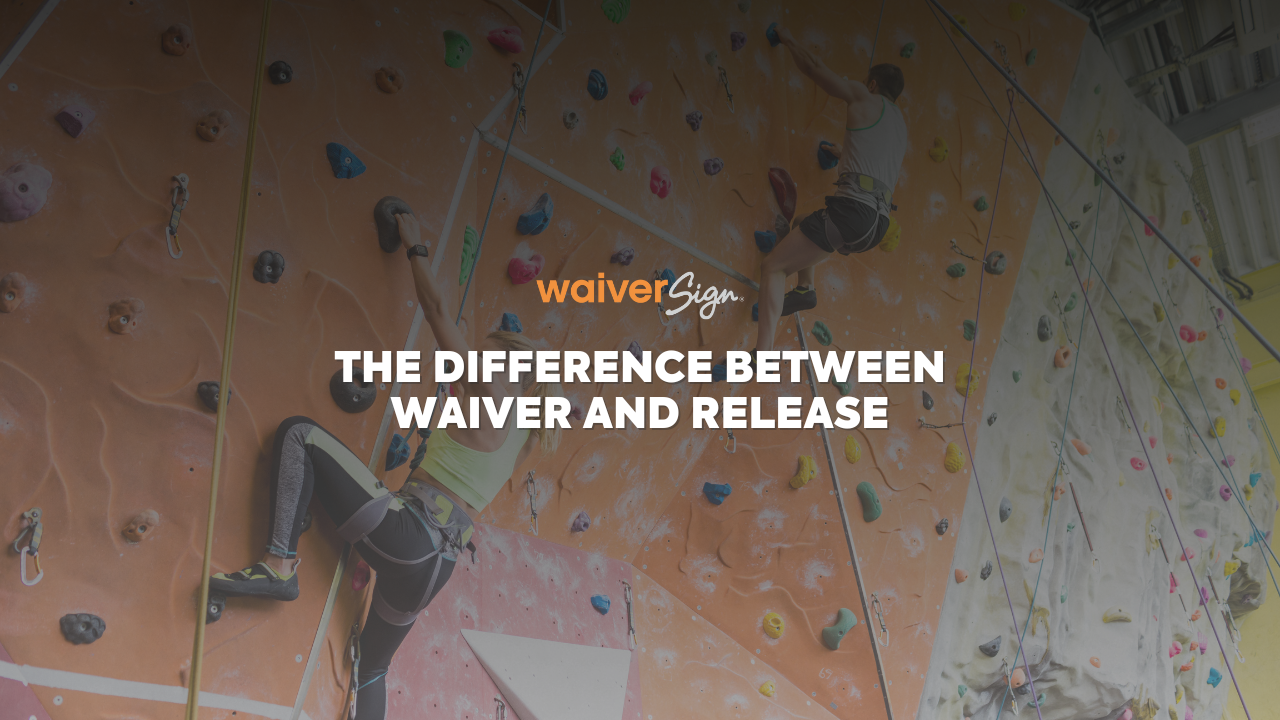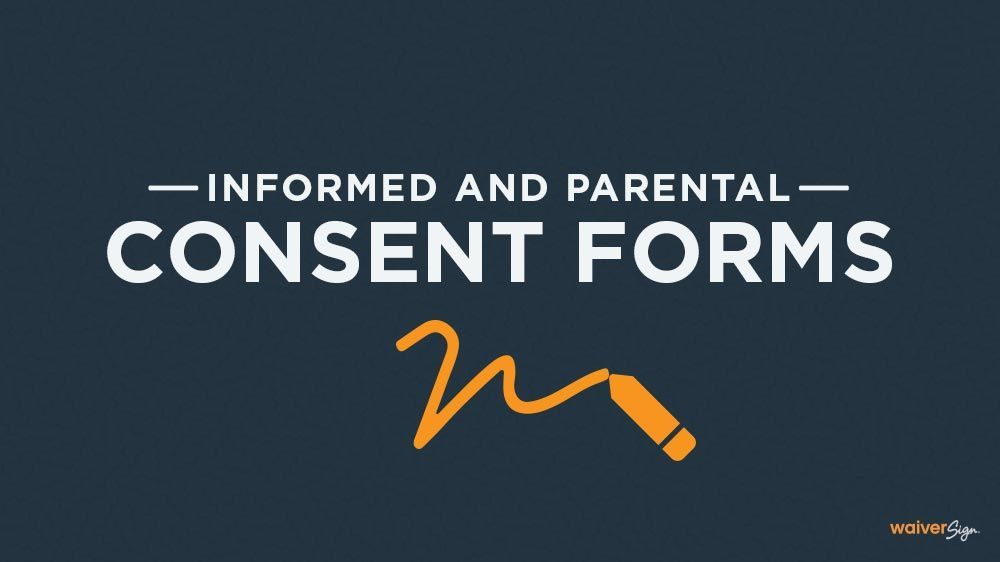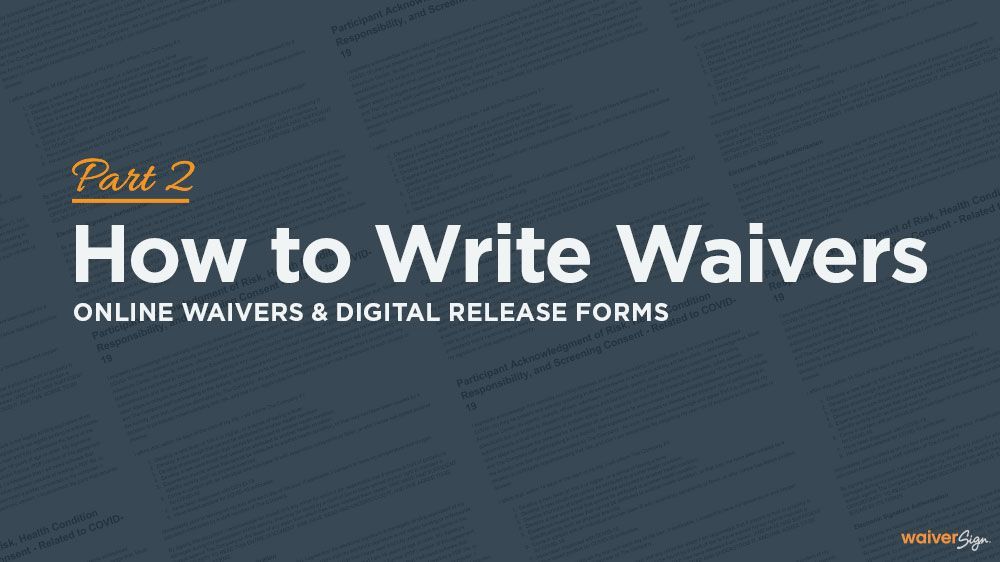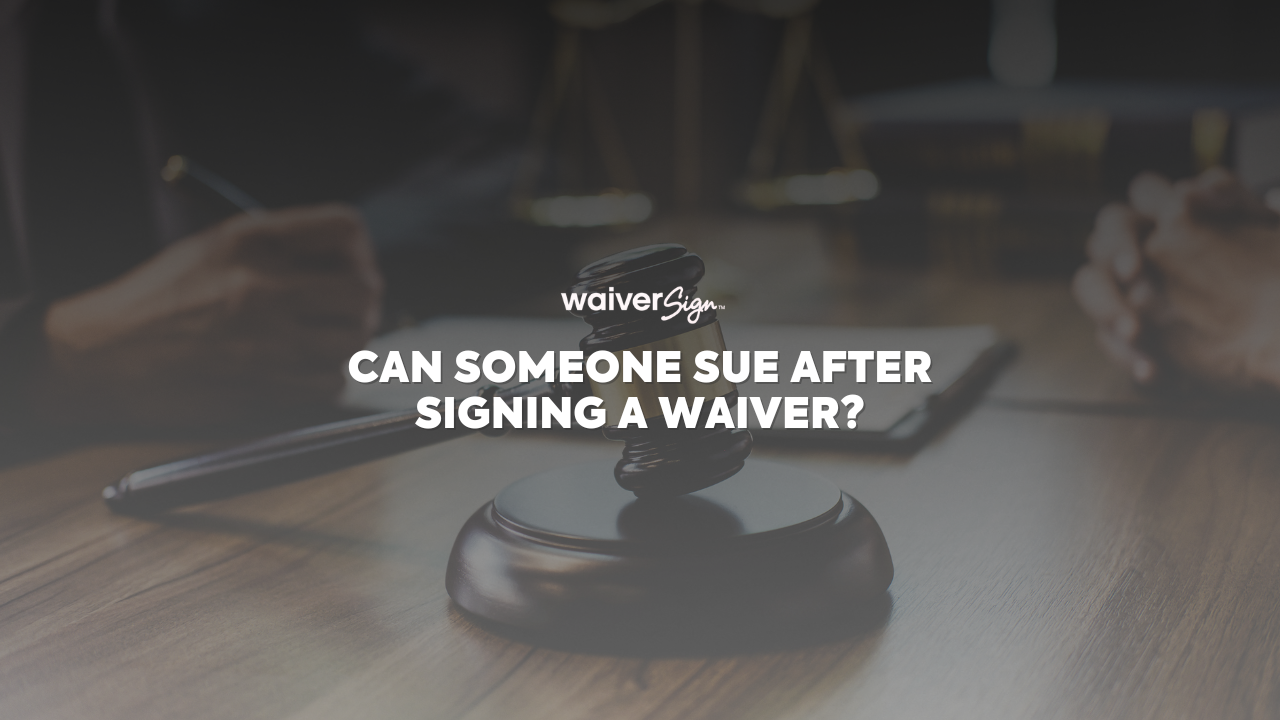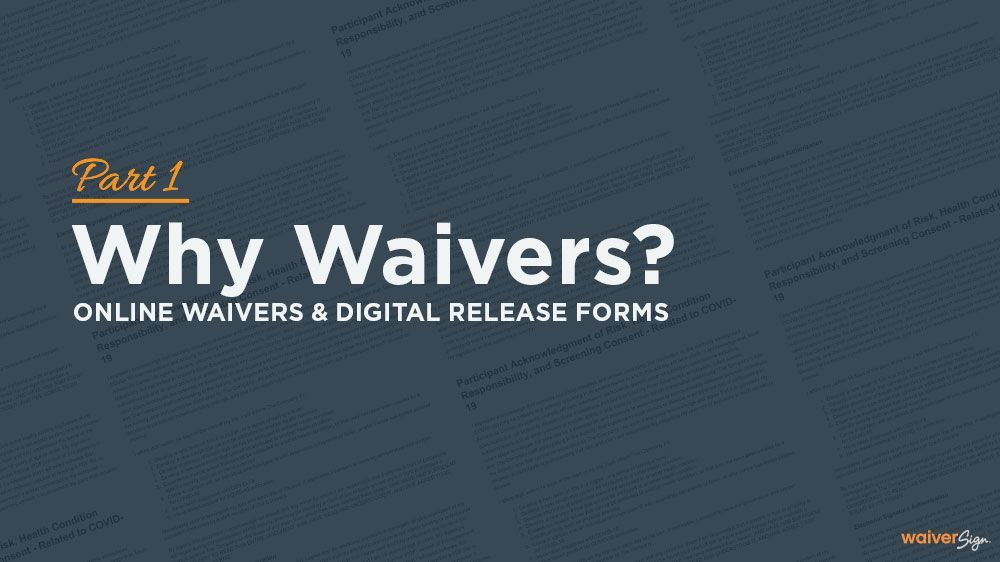Attorney's Fees Provisions in Health & Fitness Liability Waivers

Anthony J. Ellrod
Health clubs, horseback riding facilities, sports teams, and other sports and recreation facilities are constantly being sued for personal injuries despite the fact that the plaintiff has signed a release of liability waiver. As a result, such businesses and their insurers are forced to expend large amounts of money defending what are in essence frivolous claims. One option is to do what USA Cycling did - include an attorney's fees provision in the release of liability waiver. Such a provision, and the resulting award of over $30,000 in attorney's fees, was upheld by the California Court of Appeal.
Kendall v. USA Cycling, et al. involved a street bicycle race that took place in Utah. The plaintiff suffered significant injuries, including severe brain damage, as a result of an accident that occurred when she was struck by a male rider. In fact, her injuries were so severe that she had to re-learn how to read, tell time, etc. The plaintiff claimed that the defendants were negligent in starting the races in such a manner that the female racers were overtaken by the male racers. She further argued that the court should apply Utah law, as that is where the accident occurred. The defendants denied any negligence and asserted that even if there was negligence, the plaintiff’s action was barred because of two separate releases the plaintiff signed in order to compete in the race.
On the choice of law issue, the court applied California law finding that the laws in Utah and California were substantially similar. The court then granted the defendants’ motion for summary judgment based upon the releases the plaintiff signed and entered judgment in favor of the defendants.
Following the motion for summary judgment, the defendants brought a motion to recover all attorney's fees and costs incurred in defending the action based upon the attorney's fees provision of the release. The provision read as follows:
“I agree, for myself and my successors, that the above representations are contractually binding, and are not mere recitals, and that should I or my successors assert any claim in contravention of this agreement, the asserting party shall be liable for the expenses (including legal fees) incurred by the other party or parties in defending unless the other party or parties are finally adjudged liable on such claim for willful and wanton negligence...”
Based upon the foregoing, the court granted the defendants’ motion and awarded defendants in excess of $30,000 in fees and costs. The court of appeal affirmed, finding that the parties were free to contract on the issue of attorney's fees, and found that the fees and costs awarded were reasonable and supported by the evidence.

Risks Of Including Attorney's Fee Provisions In A Release Of Liability Waiver
The question then becomes whether or not it is always advisable to include an attorney's fees provision in a release of liability waiver used in the sports and recreation industry. The answer appears to be yes. There are, however, some risks.
In California, an attorney's fees provision which by its language limits its applicability to one party, is, by operation of law deemed applicable to both. Therefore, in the event that the health & fitness club does not prevail on the waiver and release it could be held responsible to pay some or all of the plaintiff’s attorney's fees. While we are aware of no case on point, it would appear, however, that the plaintiff would only be entitled to those fees necessary to defeat the waiver and release, i.e. oppose the motion for summary judgment. If the club prevails, however, it would be entitled to all costs of defense.
Furthermore, there is authority for the proposition that if worded correctly, the attorney's fees provision can be limited so that it applies only if the release is successfully asserted as a defense to a tort claim. In other words, if the release of liability waiver is being used solely as a defense, attorney's fees will not be awarded to the plaintiff even if the plaintiff successfully defeats the assertion of the release as a defense.
Health & fitness clubs and other businesses in the sports and recreation industries are consistently forced to defend lawsuits for personal injuries despite the fact that the plaintiff has signed a release. As a result, insurance costs and attorney's fees are high even though the vast majority of cases have no merit. It would therefore be wise to at least consider including an attorney's fees provision in the release of liability waiver provision so that some or all of these costs can be recovered.

See If WaiverSign Works For You
Don't wait to make the next step in streamlining your business.
SHARE THIS BLOG POST


